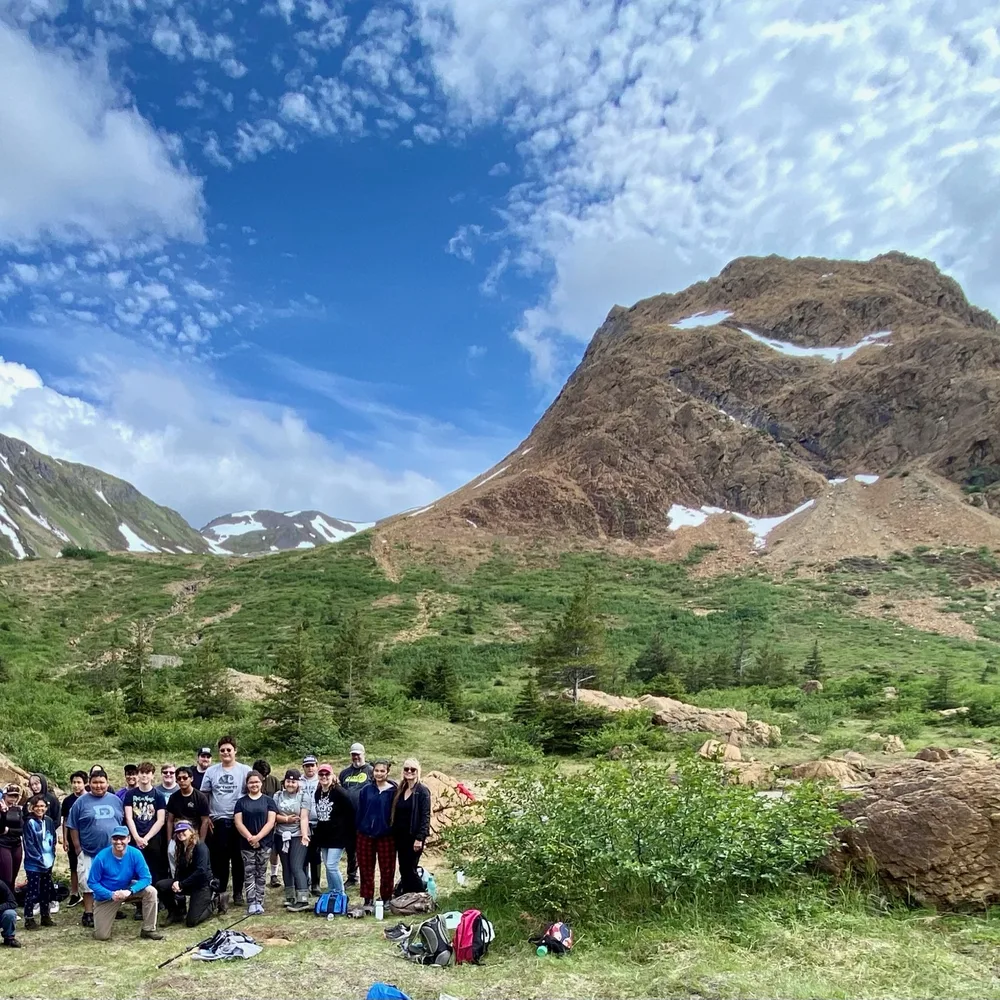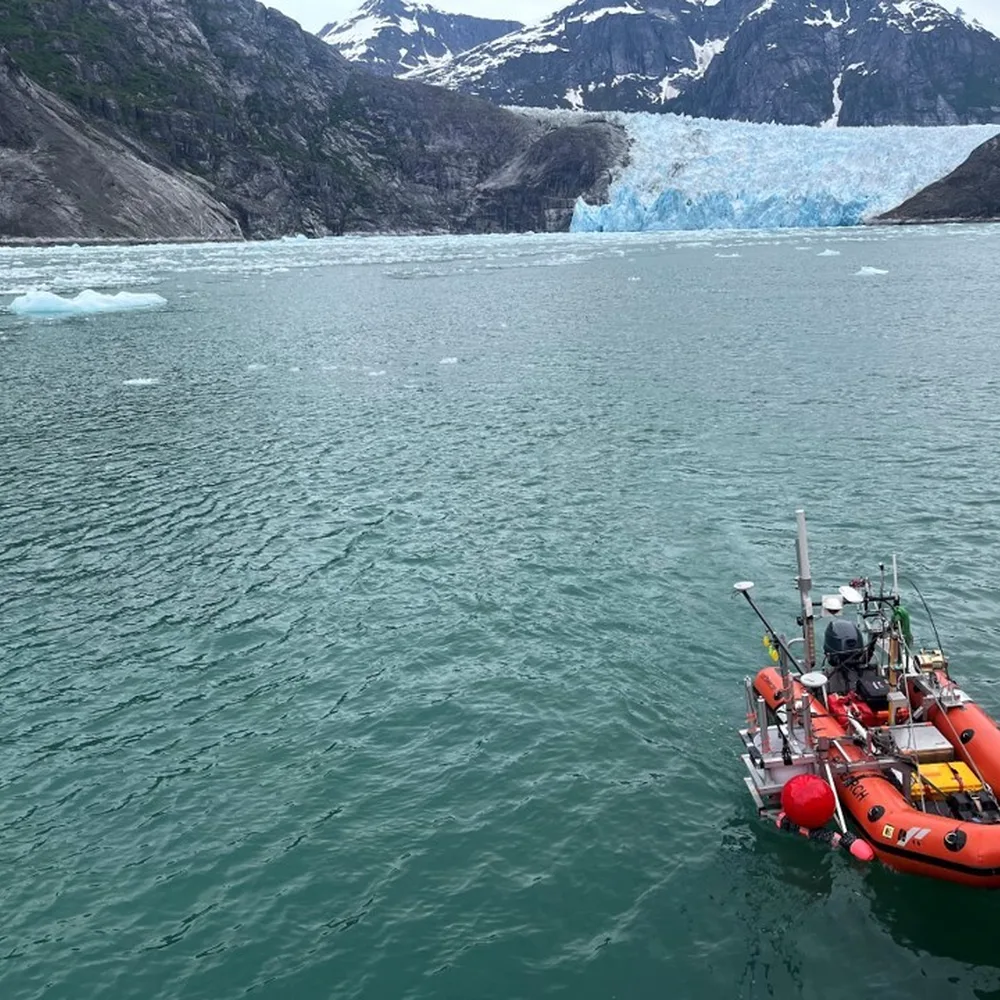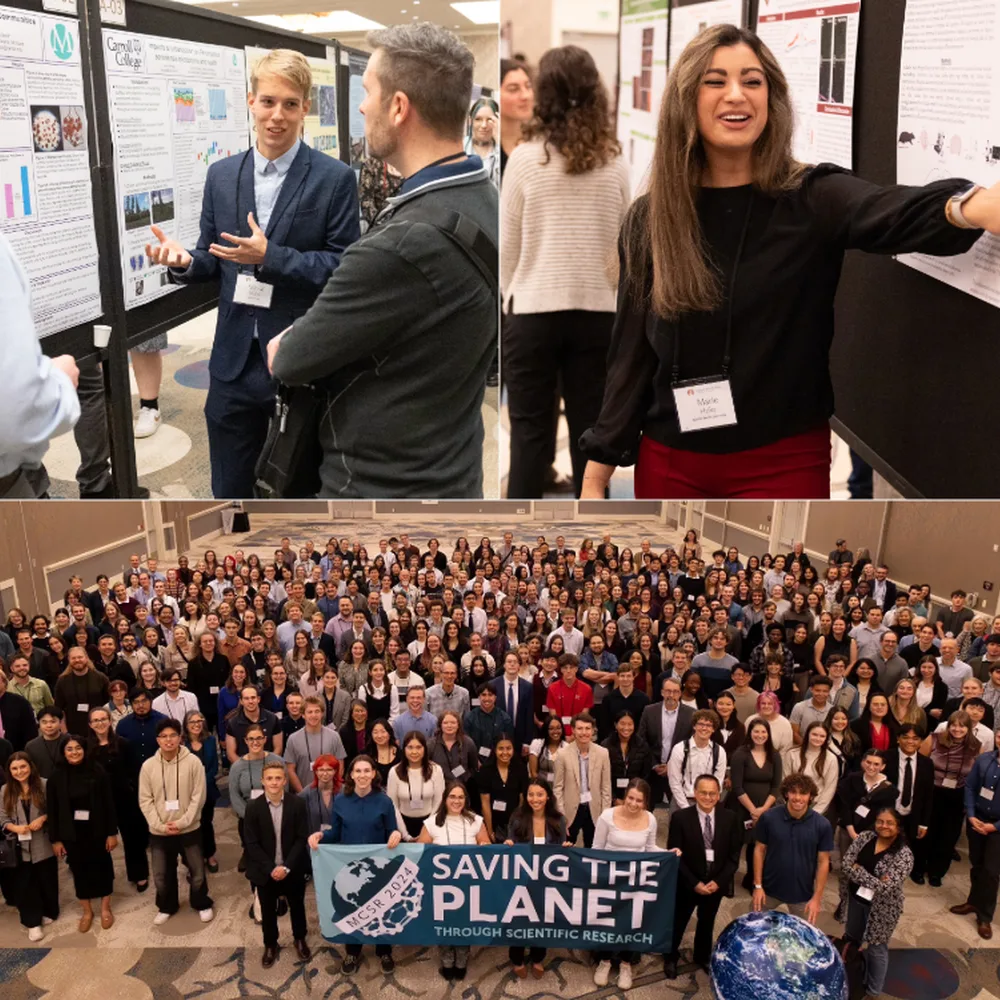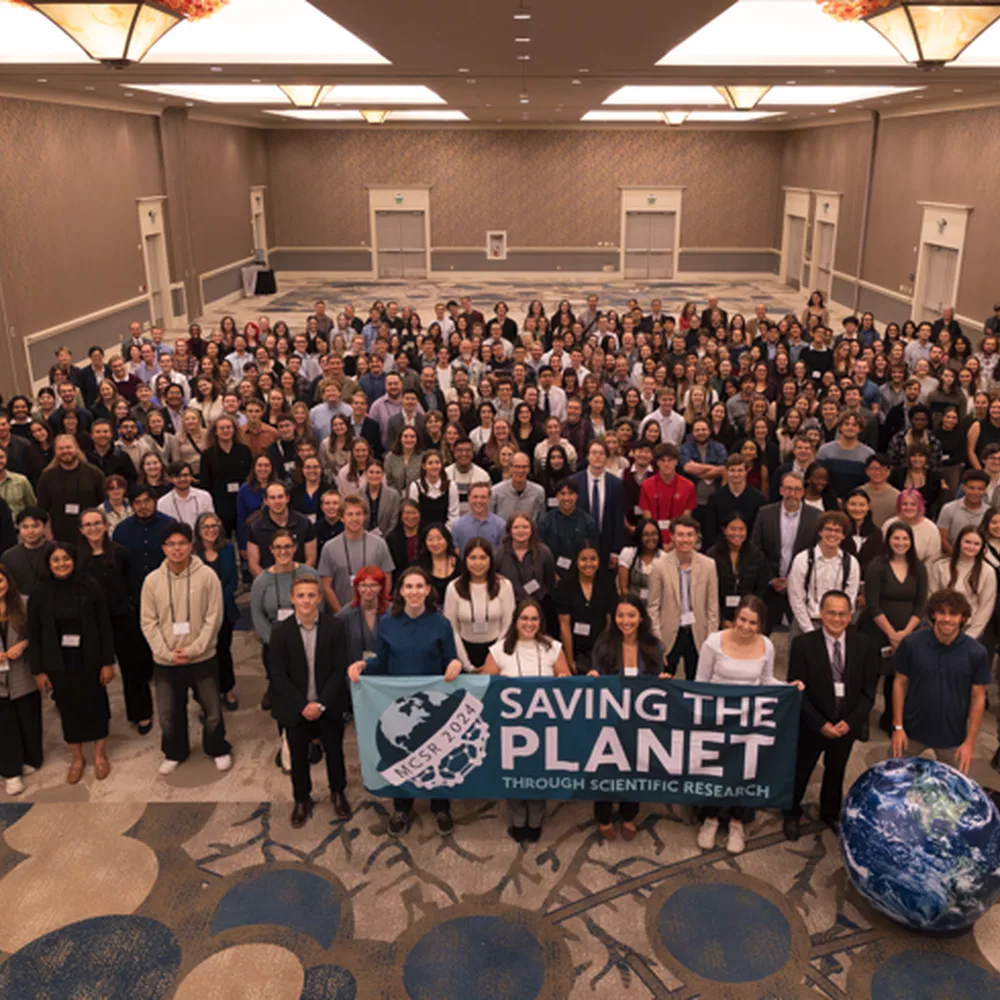The Murdock College Research Program for Natural Sciences supports research in the natural sciences in private, predominantly undergraduate colleges and universities. Proposals that describe original research in the natural sciences will be evaluated on the basis of their scientific merit, the scientific qualifications of the investigator or investigators that are proposing the research and the feasibility of the work. Involvement of undergraduate students in the research is also considered important. If it is a new discovery project, especially for life science projects, include a discussion to demonstrate the kinds and numbers of measurements that will be needed to enable a rigorous statistical and power analysis in the experimental design of the project. The following statistics-based questions are suggested:
- What is the hypothesis?
- What specific measurements will be needed to test the hypothesis?
- What is the magnitude of the effect that will be needed to prove (or disprove) the hypothesis?
- What is expected variance in the measurements?
- Given all of this, what sample size will be needed to detect a statistically significant deviation from random?
After proposals are sent to outside experts for review, they will be evaluated by a committee of scientists assembled to advise the Murdock Trust. Upon action by the Trustees, all awards are made to the submitting college or university on behalf of the investigator(s).

Goals #
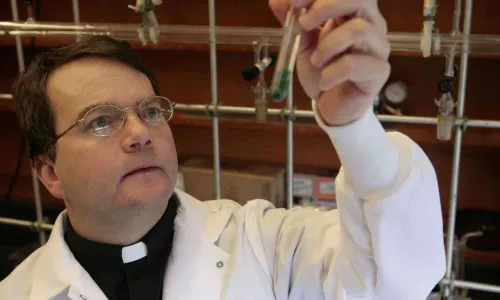
The goals of this program are several. Primary among these goals is the development of excellent faculty and undergraduate students in natural sciences. Faculty and students are encouraged to work together in the pursuit of the knowledge and understanding of the basic principles underlying the function of natural systems. It is anticipated that such research will be strongly educational in itself, but that it will also catalyze improvements in traditional science courses through inquiry-based teaching. The primary criterion that will be used in evaluating proposals will be the perceived scientific quality of the research as measured by its likelihood to contribute significantly to fundamental knowledge in the field. A clear commitment of the college or university to support the research will also strengthen a proposal, as will substantial participation of undergraduate students as research associates, rather than merely as technical assistants.
Eligibility #
Eligible institutions are private, predominantly undergraduate colleges and universities in the five-state region of the Pacific Northwest: Alaska, Idaho, Montana, Oregon and Washington. To be eligible, the institution must offer the baccalaureate degree, but no doctoral degree, in the sciences. The principal investigator must either hold at least a three-year faculty appointment in a natural sciences department, such as biology, chemistry, earth science or geology, astronomy and physics, or be a member of a department of environmental science doing research on biological systems or organisms, or be a member of a psychology department or its equivalent doing laboratory neuroscience research. Applicants may not have been supported previously by a grant in this program.
Only one proposal from an investigator will be considered at a given time, but there is no limit on the number of proposals that may be submitted by each institution. Both new faculty and established faculty are eligible in this program. In both cases, however, the intent of the program is to support research initiation, and ongoing programs previously supported by this program or other external funding agencies will not be eligible. (Exceptions to this will be programs previously supported as part of a block grant to the institution within the Murdock College Science Research Program and research initiated by grants from the Trust’s Research Start-Up Grants for New Science Faculty program. Such applications will be fully eligible unless they also receive ongoing support from other external sources.) New faculty may apply through their institutions if they hold an appointment of at least three years’ duration and obtain approval of the necessary institutional support. If sufficient funds to perform the research should be received from other sources while the Trust is evaluating a proposal, the proposal to the Trust should be withdrawn from further consideration.
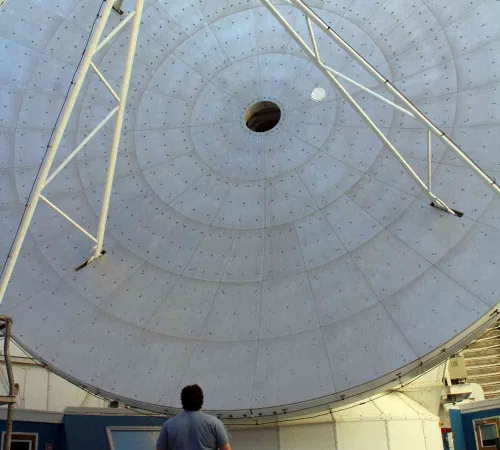
In 2020 the Trust expanded the standard Natural Sciences grants program by introducing the BRIDGE-track Natural Sciences to a limited number of applications (one per institution per year) for faculty with established research programs that were funded by federal research grants; e.g. NIH R01, NIH R15, NSF unsolicited grants, NSF RUI grants. Eligible applicants must be a PI of a federal research grant in no more than three years from the application date (or four years in the applicant had served as a departmental chair or a senior administration position during the duration of the federal grant), and s/he must be actively reapplying for federal support. The institution must also provide a brief rationale for selecting the specific investigator to apply for a BRIDGE-track grant.
Duration #
Awards will be made to support research periods of up to three years. However, because it is the intent of this program to provide initial support of research that will be ongoing, it is expected that most proposals will request three years of support. Proposals requesting less than three years must include a short rationale in the narrative. A one-time, up to one year, no-cost extension may be requested for the grant under special circumstances. The Murdock Trust portion of the budget should be allocated in the following manner: up to a payment of 50% in Year 1, at least a payment of 25% in Year 2, and at least a payment of 25% in Year 3 or 4 for the standard Natural Sciences grants. The third payment is contingent upon submission of a sustaining research proposal to a major external funding agency such as NSF, NIH, DOE, NASA, NOAA or EPA. No other subsequent applications by the same faculty person(s) will be accepted in this program except for a BRIDGE-track application. As noted, while standard Natural Science grants have up to three years to meet the third payment contingency, investigators of BRIDGE grants will only have two years to meet this condition of the grant.
Budget Considerations #
Up to $70,000 may be requested from the Trust for the three-year grant. Only funding for direct costs for the proposed research may be requested; indirect costs are expected to be borne by the institution. An added institutional contribution to the direct costs will strengthen a proposal; institutional cost-sharing (20% for standard NS applications and one-third (or 33.33%) for BRIDGE-track NS applications) for the project and on equipment purchases is required. Grants given in this program provide funding primarily for summer research activity; it is expected, however, that research will continue during the academic year, albeit with reduced intensity. The budget for each proposal should clearly reflect the needs of that particular project. Funds that have been awarded that cannot be used by the principal investigator for the proposed research must be returned to the Trust.
Eligible costs:
- (Minor) equipment and supplies needed for the research; institutional cost-sharing is expected for equipment. Some supplies money may be used to support continuing research during the academic year.
- Student summer stipends, up to $4,500 per student per summer, for ten weeks of full-time participation. Recently graduated post-baccalaureate researchers and technicians are permissible if adequately justified. Institutions may strengthen their requests by offering room and board, if needed. Institutions should provide portions of FICA on stipends as part of the institution’s direct cost-share of the project.
- Faculty summer stipends, up to $7,500 for up to ten weeks of full-time participation in the research. For shorter periods, the stipend should be prorated. If stipend support is also being paid from other sources, a prorated reduction in this proposal is also appropriate. Institutions should provide portions of FICA and Workman’s Compensation on stipends as part of the institution’s direct cost-share of the project.
- Travel costs, only if such travel is required for the performance of the research; for example, for use of facilities not available on the home campus.
- Up to $1,000 that requires a 1:1 match from the institution to cover publication costs.
- Special and unusual expenses, not listed above, that are essential in the performance of the research.
Ineligible costs:
- Faculty and student academic year stipends; postdoctoral stipends; graduate student stipends.
- In-kind support, e.g. summer housing.
- Indirect costs and fringe benefits, except as noted above.
- Secretarial assistance, telephone, routine office supplies.
- Service or use charges for equipment housed at the home institution.
- Travel expenses to scientific meetings.
Natural Sciences Grant Application Process #
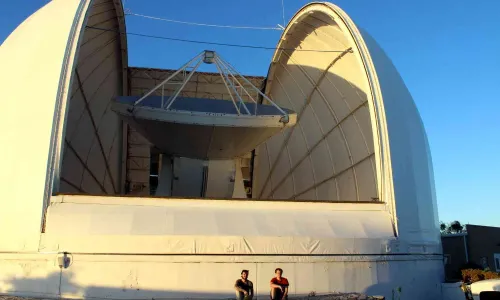
- Review the guidelines on this page
- Thoroughly read the Application Instructions and Checklist – Murdock College Research Program for Natural Sciences and Tips on Writing an Application
- Use the invite link in the Request for Proposal (by invitation-only) email to access the grants portal. Once you log in, complete the Eligibility form. If accepted, you will be invited to complete an application.
- Log in to the grants portal to complete the application and upload the required attachments. Please use these templates: Proposed Budget and Scientific Research app Suggested Reviewers.
- Submit your application in the grants portal
Deadline: October 1 (this program enrolls on a yearly basis)
Awards Announced: Early spring

